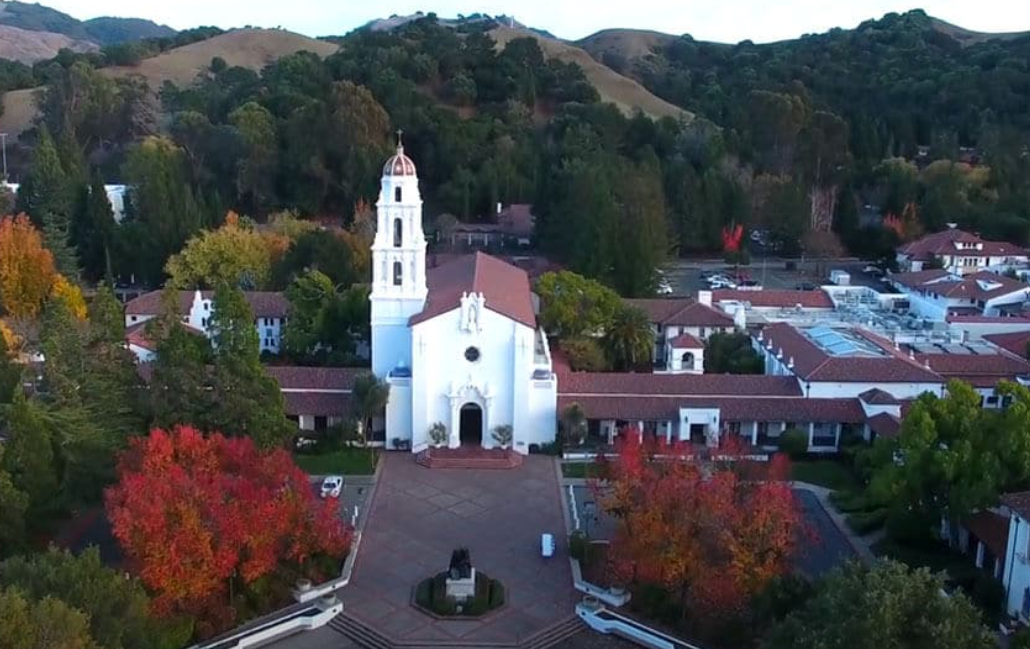The University of Cambridge, located in Cambridge, England, is one of the oldest and most prestigious universities in the world. Founded in 1209, it has a storied history of academic excellence, intellectual discovery, and contributions to society that span over 800 years. With a global reputation for outstanding research and education, Cambridge has educated a wide array of notable scholars, scientists, and leaders who have profoundly impacted the world.
Historical Background
Cambridge was established by a group of scholars who left the University of Oxford due to political conflicts. Over the centuries, it has grown from a cluster of scholarly endeavors into a comprehensive institution comprising numerous colleges and departments. The university consists of 31 autonomous colleges and over 150 departments, faculties, and institutions organized into six schools.
Collegiate System
One of the distinctive features of Cambridge is its collegiate system. Each college is an independent institution with its own property and income, responsible for selecting its students and providing them with tutorial support. The colleges offer a supportive residential community, creating a unique environment for academic and personal development. This system fosters a sense of belonging and offers students the benefits of belonging to both a large, internationally renowned university and a smaller, interdisciplinary academic college community.
Academic Excellence
Cambridge is renowned for its rigorous academic programs across a wide range of disciplines, including the arts and humanities, social sciences, sciences, and engineering. It has consistently been ranked among the top universities in the world for the quality of its research and teaching. The university is also known for its high academic standards and the competitive selection process for admission.
Research Contributions
The University of Cambridge has been at the forefront of many scientific breakthroughs and technological advancements. It boasts an impressive roster of researchers and alumni who have made significant contributions in various fields. Notable alumni include Sir Isaac Newton, whose work on the laws of motion and gravitation revolutionized physics; Charles Darwin, who developed the theory of natural selection; and more recently, scientists such as Stephen Hawking, known for his work on black holes and cosmology.
Cambridge is home to numerous research centers and institutes that collaborate with industry and government to address critical global challenges. Its discoveries and innovations continue to contribute to the advancement of knowledge, technology, and society.
Global Influence and Alumni Network
The University of Cambridge has a vast and influential global alumni network, including more than 100 Nobel laureates, numerous heads of state, and other prominent figures in academia, literature, science, and politics. This network underscores Cambridge’s impact on global leadership and innovation.
Campus Life and Traditions
Cambridge offers a vibrant campus life, with a rich array of cultural, social, and sporting activities. The university maintains a tradition of formal dining in college halls, wearing academic gowns for examinations and formal events, and participating in rowing competitions on the River Cam. These traditions contribute to the unique Cambridge experience, blending historical heritage with contemporary academic and extracurricular pursuits.
Conclusion
The University of Cambridge stands as a testament to the enduring power of education and intellectual inquiry. With its distinguished history, commitment to excellence, and ongoing contributions to society and global knowledge, Cambridge continues to shape the future, preparing the next generation of leaders, innovators, and thinkers to face the challenges of their times.

